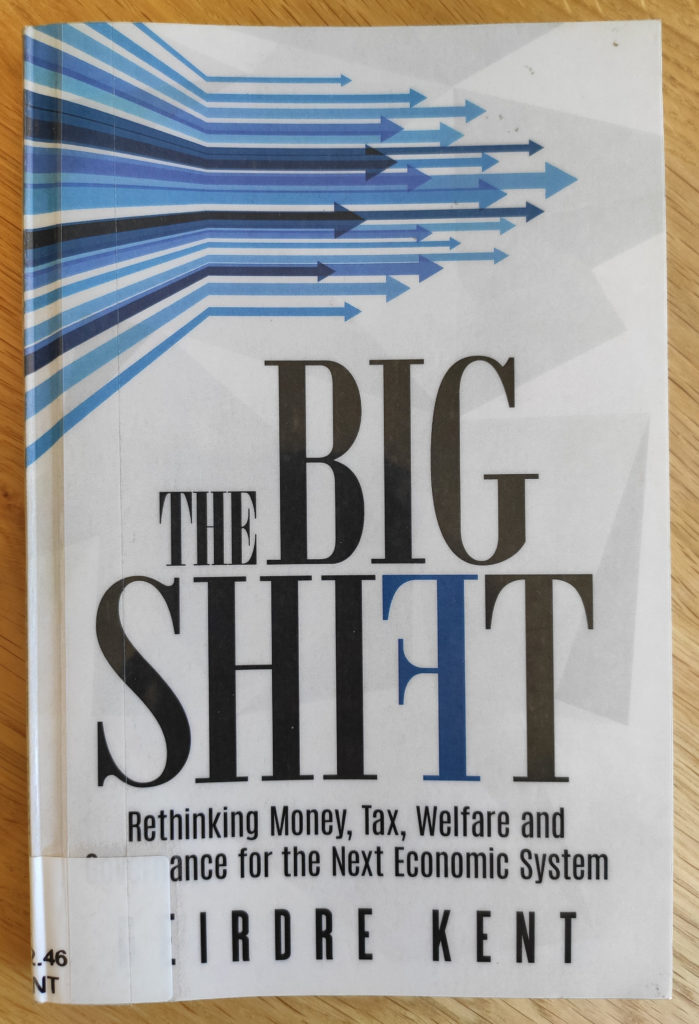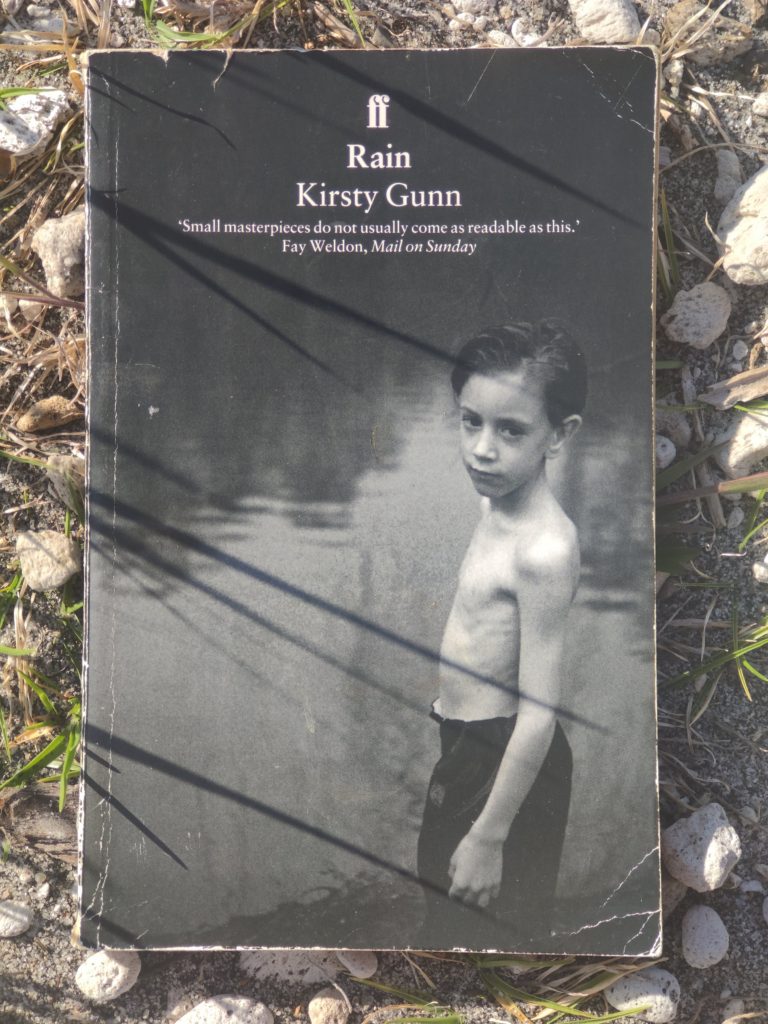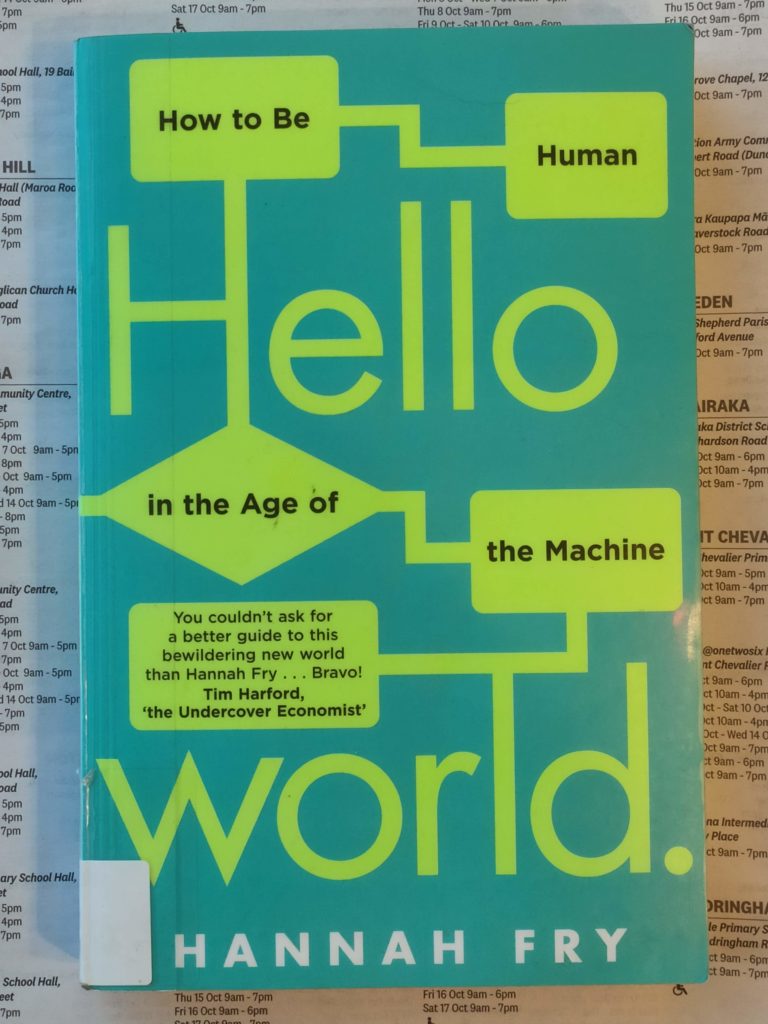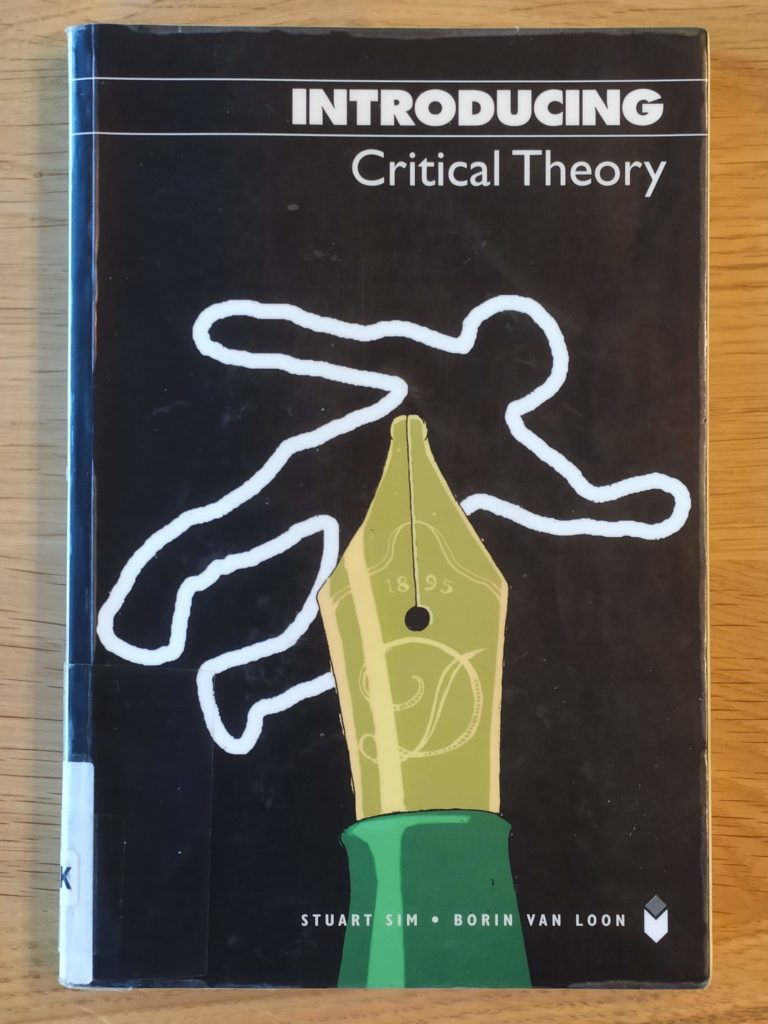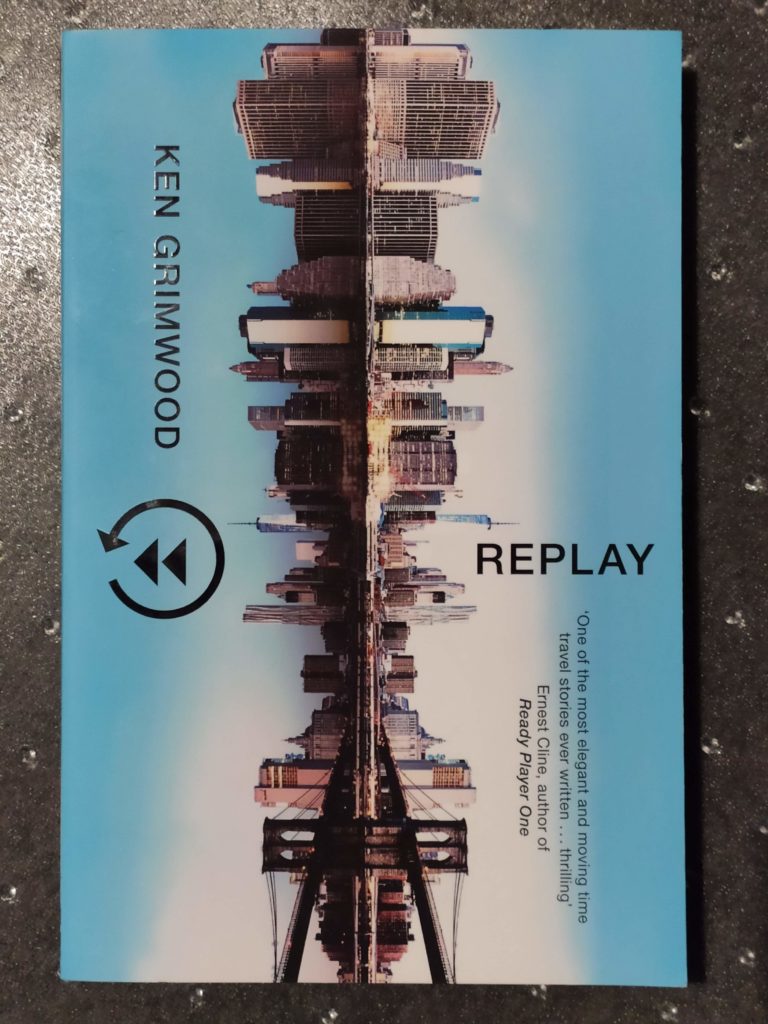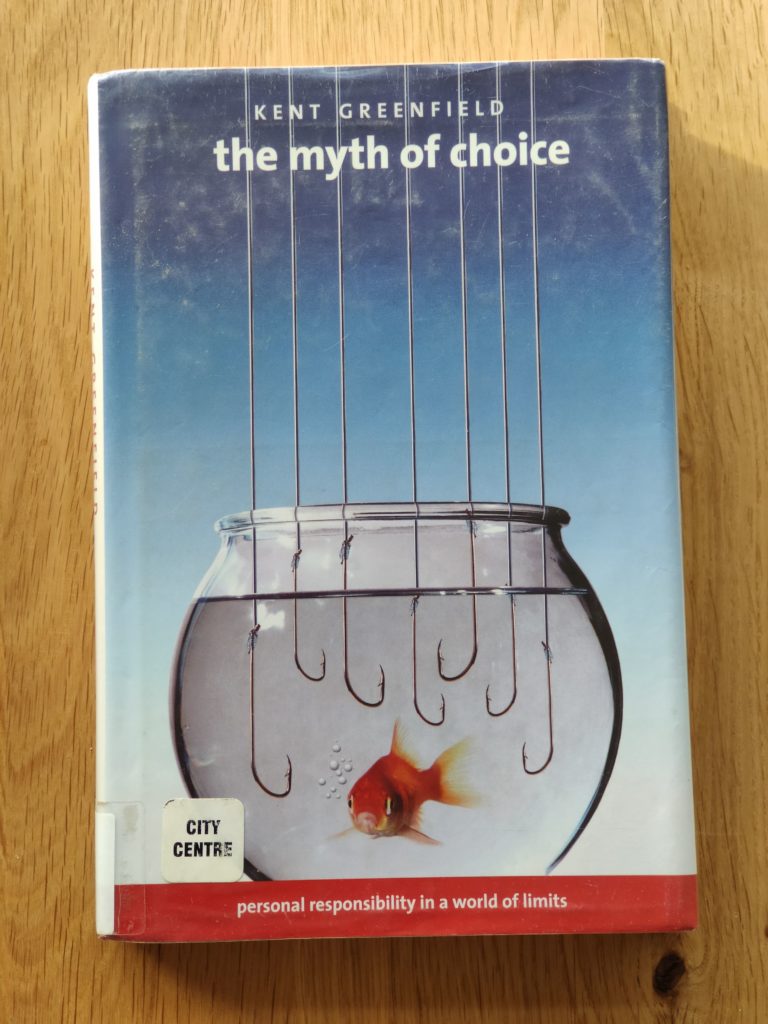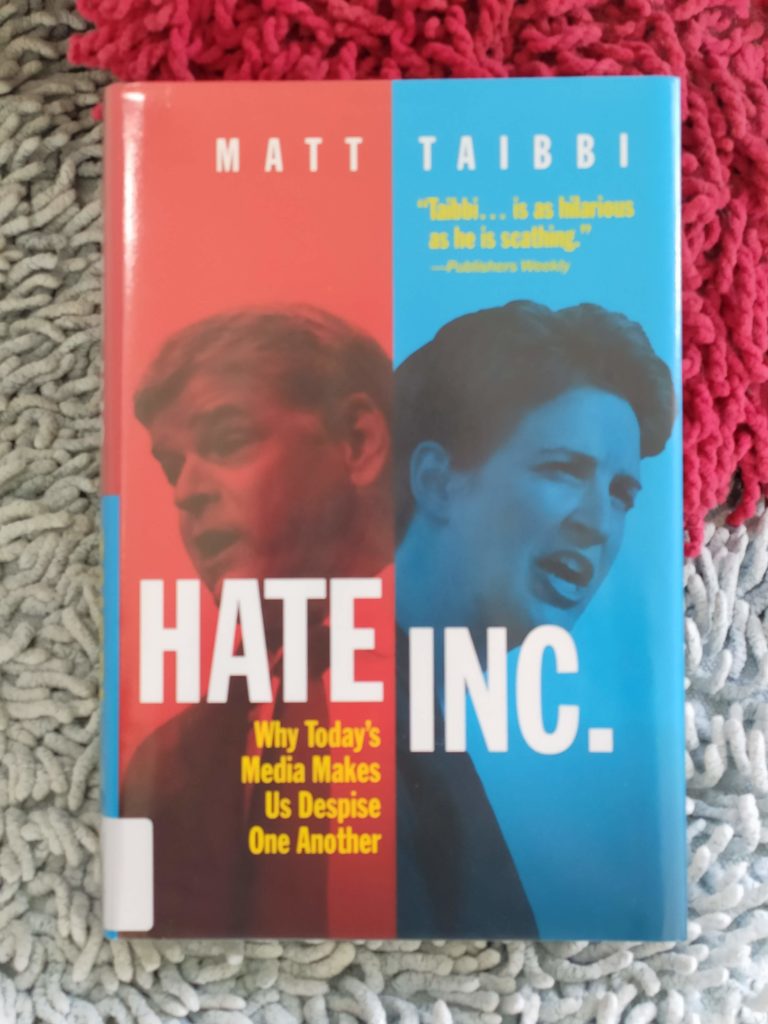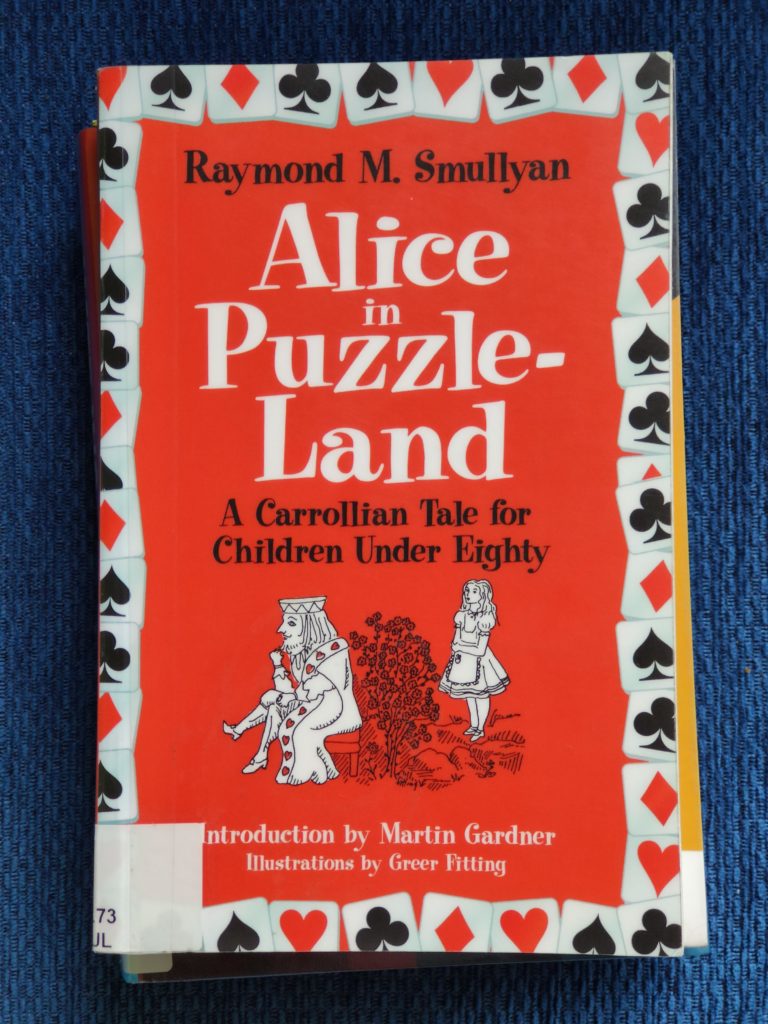
This is the fictional autobiography of one Humbert Humbert, written in his jail cell near the end of his life. He is very erudite and quite engaging despite being unhealthily obsessed with young girls. He falls in love with the title character (his landlady’s young daughter) and ends up taking her on an extended road trip across the USA. They purport to be father and daughter but are actually lovers. At the beginning Lolita seems reasonably willing to go along with everything, but Humbert gradually reveals how controlling he is and how unhappy Lolita really is. He slowly loses his grip and eventually loses Lolita, and commits the crime that finally lands him in jail. The writing throughout is clever, inventive and endlessly rewarding to read, despite the bleak and tawdry subject matter.
Continue reading